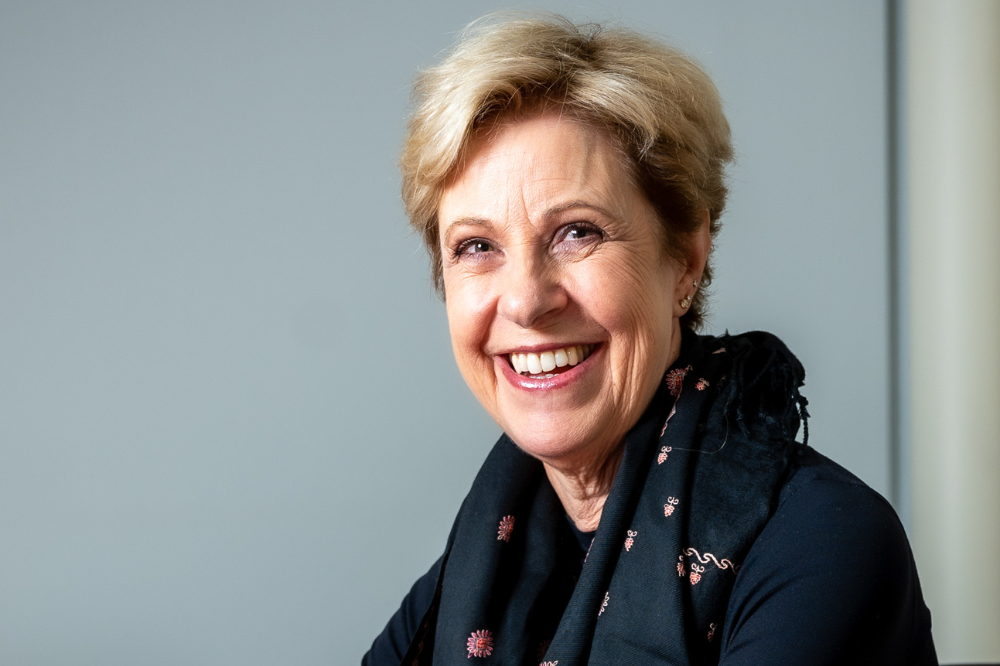
On January 1, Margery Evans became the third Chief Executive of the Association of Independent Schools of NSW in its 47 year history, taking over from Dr Geoff Newcombe who held the role since 2005.
Throughout her extensive career in education, Evans has held positions as a teacher, school principal and executive leader, heading up a cluster of primary, secondary and special schools. Indeed, Evans has experienced the full gamut of learning environments, including rural, urban, big, small, and disadvantaged school settings.
Evans was also the inaugural CEO of the Australian Institute of Teaching and School Leadership (AITSL) from 2010 to 2016, then spent four years with Aga Khan Education Services, a not-for-profit network of more than 200 schools in Africa, Asia, and the Middle East. Upon her return to Australia in 2020, she was appointed to her current role as CEO of Independent Schools Australia.
Announcing Evans’ new appointment in September 2022, AISNSW Chair John Ralston called Evans “an outstanding educational administrator who will lead the state’s Independent school sector into a new era of growth and challenge.”
Indeed, 2023 is shaping up to be a year that promises both of these things for the state’s independent schools.
"The job of any school is to educate students in ways that enable them to lead happy and productive lives. All schools are focused on improving student outcomes and wellbeing," Evans told The Educator.
"Two critical priorities I see that impact this ambition are the supply of teachers and the availability of enough school places in the Independent sector to meet growing parent demand."
Evans said the teacher shortage in Australia has been well documented and affects all sectors.
"We need to attract more young people and career changers into teaching and, at the same time, provide more support and mentoring to beginning teachers so that they stay beyond the first few years," she said. "Without enough good teachers, learning suffers."
One key way to address the teacher shortage, according to Evans, is to elevate the profession’s status.
"We know from international experience that financial incentives alone have not improved retention. As a society, we need to respect teachers and value them more highly," she said.
"This is a responsibility for governments, industry, higher education institutions, the community and the profession itself."
AISNSW has initiated a three-year plan to attract and retain quality people into the teaching profession called Growing and Nurturing Educators - a strategy Evans said she looks forward to delivering with NSW’s Independent schools.
The other key issue Evans sees in 2023 is making sure Independent schools have enough student places to meet parent demand.
"Parent choice of schools is an important feature of education in Australia. Where the ethos of the school aligns with family values, then student wellbeing and outcomes benefit. But we need to move fast," she said.
"Over the next 10 years it is predicted NSW schools will need to accommodate 155,000 additional students. That’s 775 new classrooms each year."
Evans said these extra students "cannot be accommodated solely by the government school system", which on average has grown by about 5,500 enrolments per year since 2014.
"Scores of Independent schools are turning away prospective students every year because of enrolment caps that were imposed decades ago, and lengthy and costly planning processes," she said.
"We need to make it easier for schools to expand under the NSW planning system so that families have choices."


